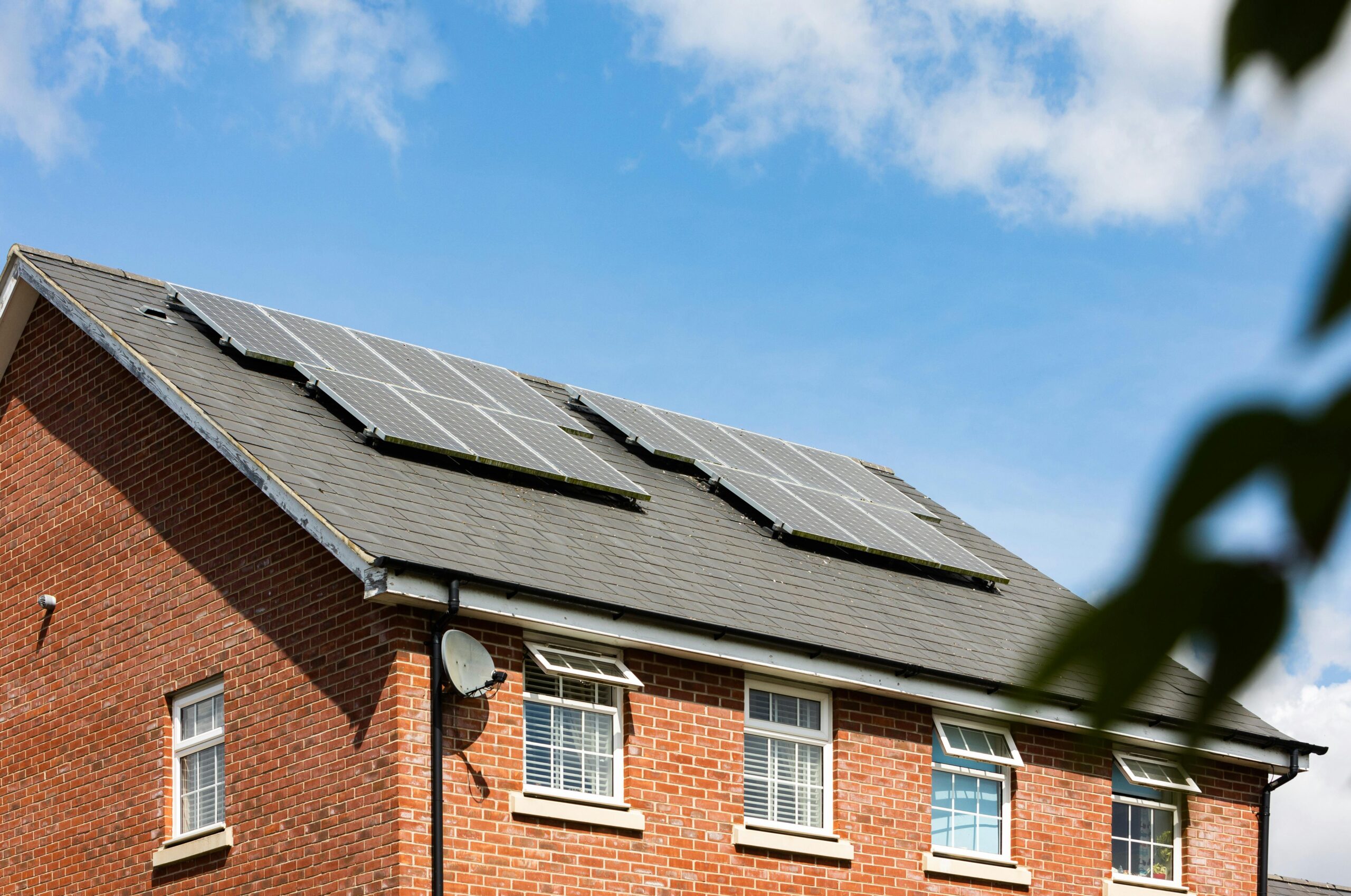EPC Rules for Landlords in 2025: What You Must Do About Energy Efficiency

Author
Published on
Category
Recent Posts
Get in Touch
Energy efficiency standards are tightening for the UK rental sector, and landlords need to be prepared. From 15 June 2025, the government is introducing a major overhaul of the Energy Performance Certificate (EPC) system, with further proposals already on the horizon for 2028 and 2030.
The first major shift arrives with the rollout of RdSAP 10, a new assessment methodology for existing homes. Under this system, EPC assessors will be required to collect far more detailed evidence when carrying out inspections. Details such as glazing specifications, insulation records, and manufacturer data for heating systems must be provided. Without this documentation, assessors will have to apply default values, which could significantly reduce a property’s EPC score. This means that landlords will no longer be able to rely on past upgrades alone — they will also need to keep thorough records to prove them.
At present, landlords must ensure that all rental properties have an EPC rating of E or above. Letting out a property below this standard can result in fines of up to £5,000 per property. However, government proposals indicate that this bar will be raised further in the coming years. Plans suggest that all new tenancies will need to meet a minimum rating of C from 2028, with the same requirement extended to all tenancies by 2030. While these proposals are still under consultation, the direction is clear: higher efficiency standards are coming, and the rental sector will need to adapt.
The reforms are also expected to reshape how EPCs communicate energy performance. Instead of a single letter rating being the primary focus, new versions may highlight building fabric, heating systems, and even smart technology readiness as separate measures. This would give tenants a clearer view of a property’s strengths and weaknesses while encouraging landlords to prioritise upgrades that make the biggest difference.
For landlords, the message is simple: EPC rules are not being watered down or scrapped. On the contrary, they are becoming more detailed, more demanding, and more important for compliance. By 2025, EPC assessments will be stricter and evidence-based. By 2028, tougher minimum ratings will likely be in place, with full compliance expected by 2030.
Now is the time for landlords to prepare. Gathering documentation for past improvements, investing in insulation and efficient heating systems, and planning upgrades early will not only keep properties compliant but also make them more attractive to tenants. With energy costs still a major concern, efficiency is fast becoming a key factor in rental demand.
What are the EPC changes for landlords in 2025?
From 15 June 2025, the way EPCs are assessed will change with the rollout of RdSAP 10 (Reduced Data Standard Assessment Procedure).
- Assessors will need more evidence when creating an EPC — for example, proof of insulation, details on double glazing, and manufacturer specifications for heating systems.
- If landlords can’t provide documentation, assessors may have to use default assumptions, which could lower your EPC rating even if you’ve made improvements.
- Local authorities will continue to enforce fines of up to £5,000 per property if you rent out a home that doesn’t meet the minimum standard.
In short: landlords need to keep records of any energy upgrades, not just carry out the work.
What are the proposed changes to EPC rules?
The government has been consulting on wider EPC reforms designed to make the ratings system more accurate and more ambitious. Proposals include:
- Raising the minimum EPC rating to “C” for new tenancies, with all tenancies expected to comply by 2030.
- A new grading approach that puts more weight on building fabric (insulation, walls, windows) alongside heating systems and smart tech.
- More transparency for tenants, so they can see not just a single letter rating, but how efficient the property is in specific areas.
These proposals are not yet law, but landlords should plan ahead — the direction of travel is clear: higher standards.
What are the new EPC rules for 2028?
Under current proposals:
- From 2028, all new tenancies may need to achieve an EPC rating of C or above.
- By 2030, the aim is for all private rental properties to meet this standard, regardless of when the tenancy began.
That means 2028 is a turning point: landlords who haven’t improved their properties by then could face difficulties letting them legally.
Has EPC for landlords been scrapped?
No. Despite speculation, EPC requirements are not being scrapped. In fact, the system is being strengthened.
- The 2025 EPC overhaul shows the government’s commitment to keeping EPCs as the benchmark for energy efficiency.
- Proposals to raise the minimum to “C” underline that EPCs will remain central to rental property legislation.
If anything, landlords should expect stricter enforcement and higher expectations in the years ahead.
Key Takeaways for Landlords
- From June 2025, new EPC assessments will require more detailed evidence.
- Future proposals would push the minimum standard up to a “C” rating by 2028/2030.
- Failing to comply could mean fines and difficulty letting your property.
- EPC rules are not being scrapped — they’re here to stay, and they’re only getting tougher.
👉 What landlords should do now:
Start gathering evidence of past upgrades, plan energy efficiency improvements, and keep an eye on government updates. Acting early will save time, money, and stress.
Managing a rental property comes with legal responsibilities – from safety certificates to tenant rights. At Hauseit, we take the stress away by handling everything for you. Whether you’re looking to extend a lease, stay compliant with landlord regulations, or simply free up your time, we’ll make sure your property – and your income – are in safe hands.


